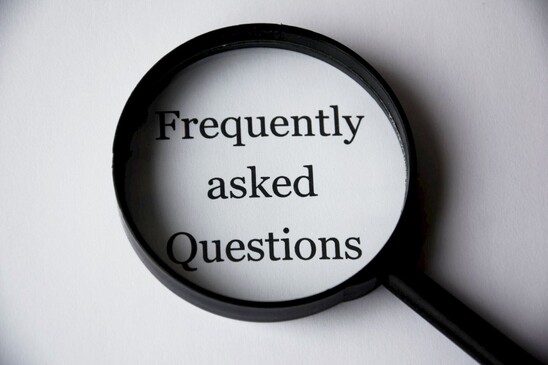Do I have to return GST on rental income, and can I claim GST on any rental expenses?
No. Properties used in a long-term residential rental activity are an exempt supply for GST purposes - no GST can be charged on rent income or claimed on expenses.
Note that residential property used for short-term accommodation is a taxable activity for GST purposes – you will have to register for GST if your gross turnover is over $60k in any 12 month period, or you may choose to voluntarily register. Make sure to speak to your accountant first when making this decision.
What expenses can I claim against rental income as an expense?
In simple terms, you can claim all or some of the expenses relating to the rental property that are not capital expenditure (for example, upgrades or additions) and that are not private in nature.
The most common expenses are insurance, rates, property management fees, accountancy fees, repairs and maintenance, legal fees under $10,000, body corporate fees, travel expenses relating to managing your property, valuation fees, meth tests and interest expense. The interest rules are explained further below.
Note that you cannot claim your loan principal repayments against your rental income.
I have recently bought a rental property after 27 March 2021, can I claim any interest expense against rental income?
Yes, but only between the date of purchase and 1 October 2021. After that date, no interest will be claimable.
There will be an exemption to this policy for new builds, where interest will be able to still be claimed after 1 October 2021. Details on this are still being finalised.
I already own a residential rental property that I bought before 27 March 2021. Can I continue to claim interest?
Yes, however this will reduce over time. The table below shows the deductibility time frame:
What do I do with bond that tenants have paid me?
This is not counted as rental income. A landlord must lodge the bond and send the full amount to Tenancy Services within 23 working days of receiving it. Tenancy Services will hold the bond for you and your tenant throughout the duration of their tenancy, and this amount can either be transferred to the next landlord when your tenant moves out or it can be paid back to the tenant, unless there is a dispute.
Only if the landlord is entitled to keep all or a portion of the bond amount to cover the cost of damages then the amount kept will be counted as income, and the cost of those repairs can be claimed as an expense.
The form can be filled out online at:
https://www.tenancy.govt.nz/rent-bond-and-bills/bond/?l=en_NZ
What do I need to do if I have a rental property?
Any rental income and expenses will need to be declared at the IRD. After the end of the financial year (usually 31 March) you or your accountant will tally up all rental income received throughout the period and deduct all claimable expenses. The net amount left over at the end will be added into your tax return and assessed by the IRD.
What if my rental income is higher than my total rental expenses and I make a profit?
This net rental profit amount will be taxable income and you will need to pay tax on this profit to the IRD at your marginal tax rate (or company/trust tax rate depending on entity used to hold the property).
What if my rental expenses are higher than my rental income and I make a loss?
There will be no profit or tax to pay on the rental activity, however you will still need to declare the rental income and expenses to the IRD, even if it does make a loss.
Residential losses are treated differently to other losses and are “ring fenced”. This means the loss cannot be used to offset any other income and will be carried forward to future years to offset any profits the rental might make in future.




